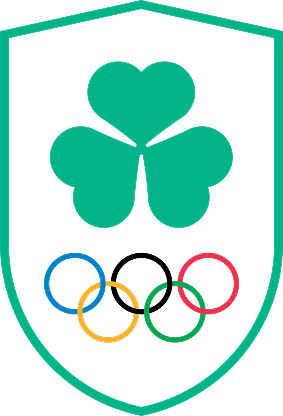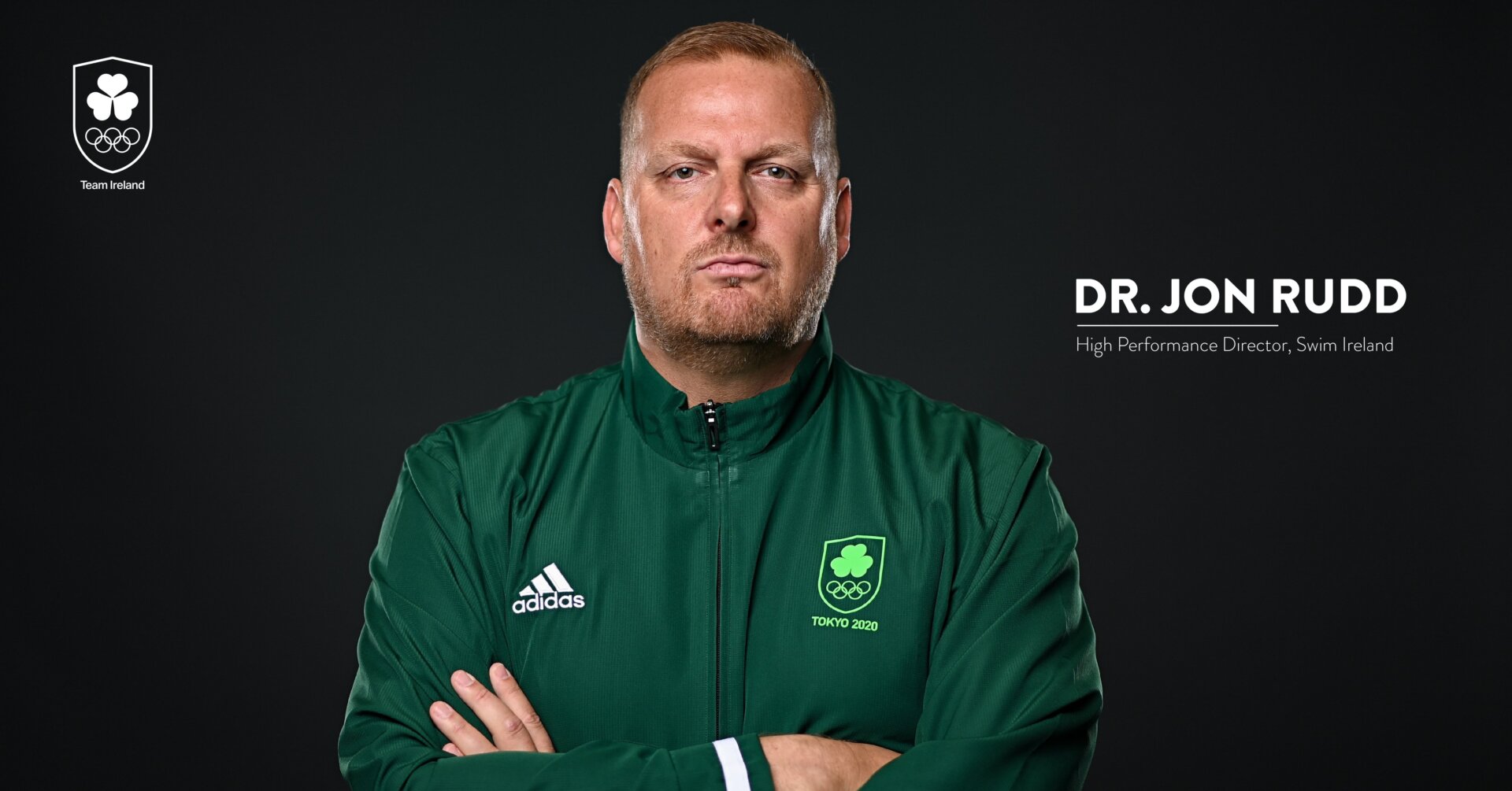
There is surely a promising thesis subject in why Northern Englishmen seem to click so well when it comes to elite sports leadership in Ireland.
Jack Charlton and Andy Farrell are two outstanding examples and another is Dr Jon Rudd, the Performance Director for Swim Ireland since 2017 and a very proud Yorkshire man from Hull.
Rugby League was the family’s sporting passion until he and his brother started swimming whereupon they were all quickly immersed. His dad became a coach and his mother an official who became president of the Yorkshire Swimming Association and, in her 80s, is still officiating at their local club.
Swimming, Rudd says, provided everything he would want as an athlete– exercise, challenge and friends for life – but also frustration.
“I quite often worked as hard, if not harder, than my friends and opponents and then watched them beat me. I’ve always said I was a workhorse rather than a thoroughbred.”
That, he feels, is a motivator common to many coaches; “not achieving, in their own minds, as much as they wanted as an athlete and throwing that energy then into coaching to try to help others.”
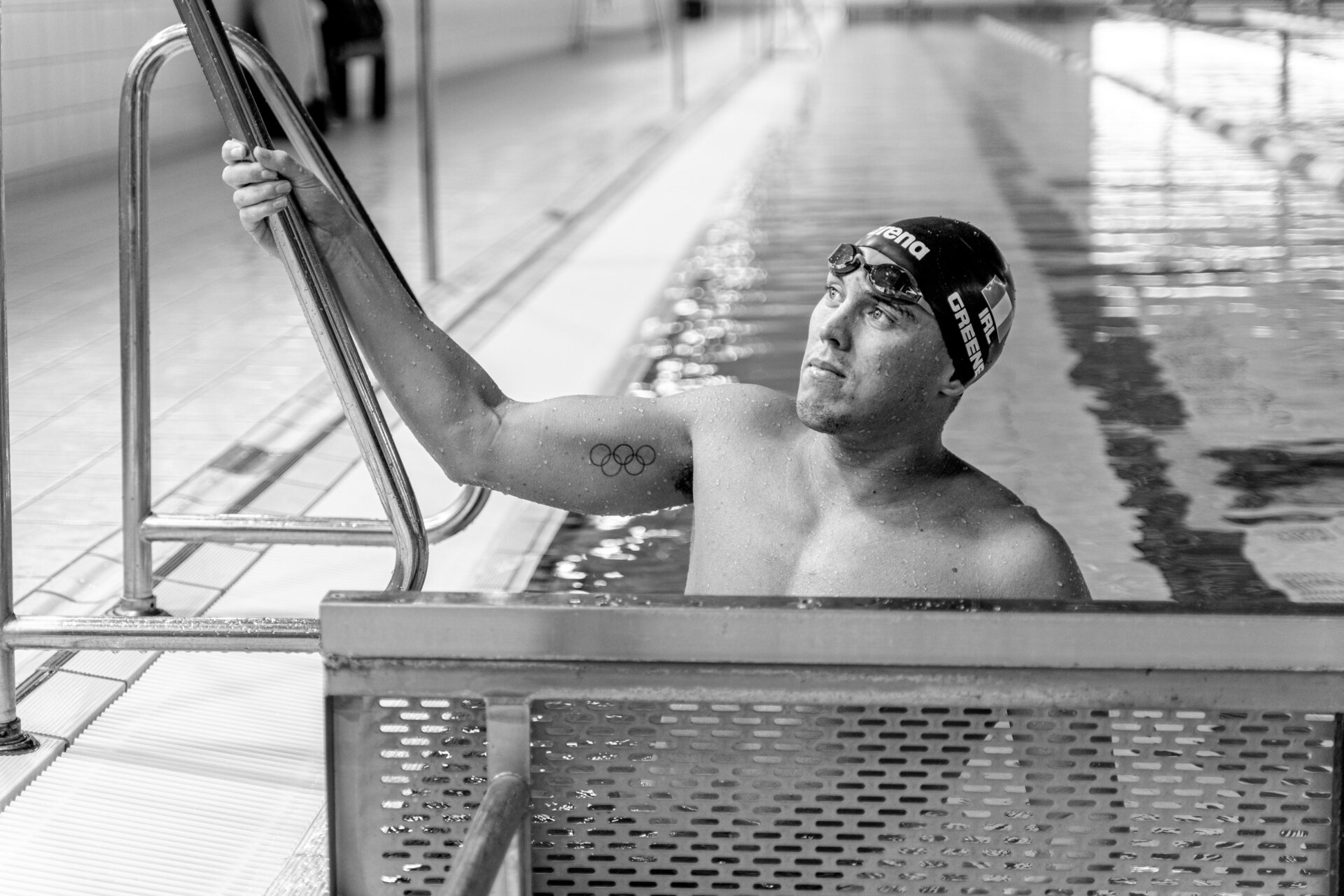
While studying for a PE degree he successfully interviewed for a coaching job at his local club (he discovered later, to his amusement, that he was the only candidate) and that club was Plymouth Leander SC.
It was then a relative minnow but a giant by the time he left 27 years later and for a lot of that time he combined coaching with teaching.
But as his responsibilities in both increased he had to make a choice in the early Noughties and went fulltime into high performance swimming.
“I enjoyed coaching school rugby and cricket teams but it was high performance that was really drawing me. I had (club) athletes making British European junior and Youth Olympic teams at that time so that helped galvanise my mind as to what I wanted to do.”
The greatest swimmers, Rudd believes, have a genetic predisposition to be “one with the water, to get the water to work with them, which is unusual and unique.
“I think good coaches can see it, what they’re not doing to move through the water rather than what they’re doing.
“I’m an avid music fan and someone once told me that the greatest guitar solos are the notes that are not played rather than the ones that are. It’s exactly the same, the number of strokes the athlete doesn’t need to take is a sign of their long-term potential.”
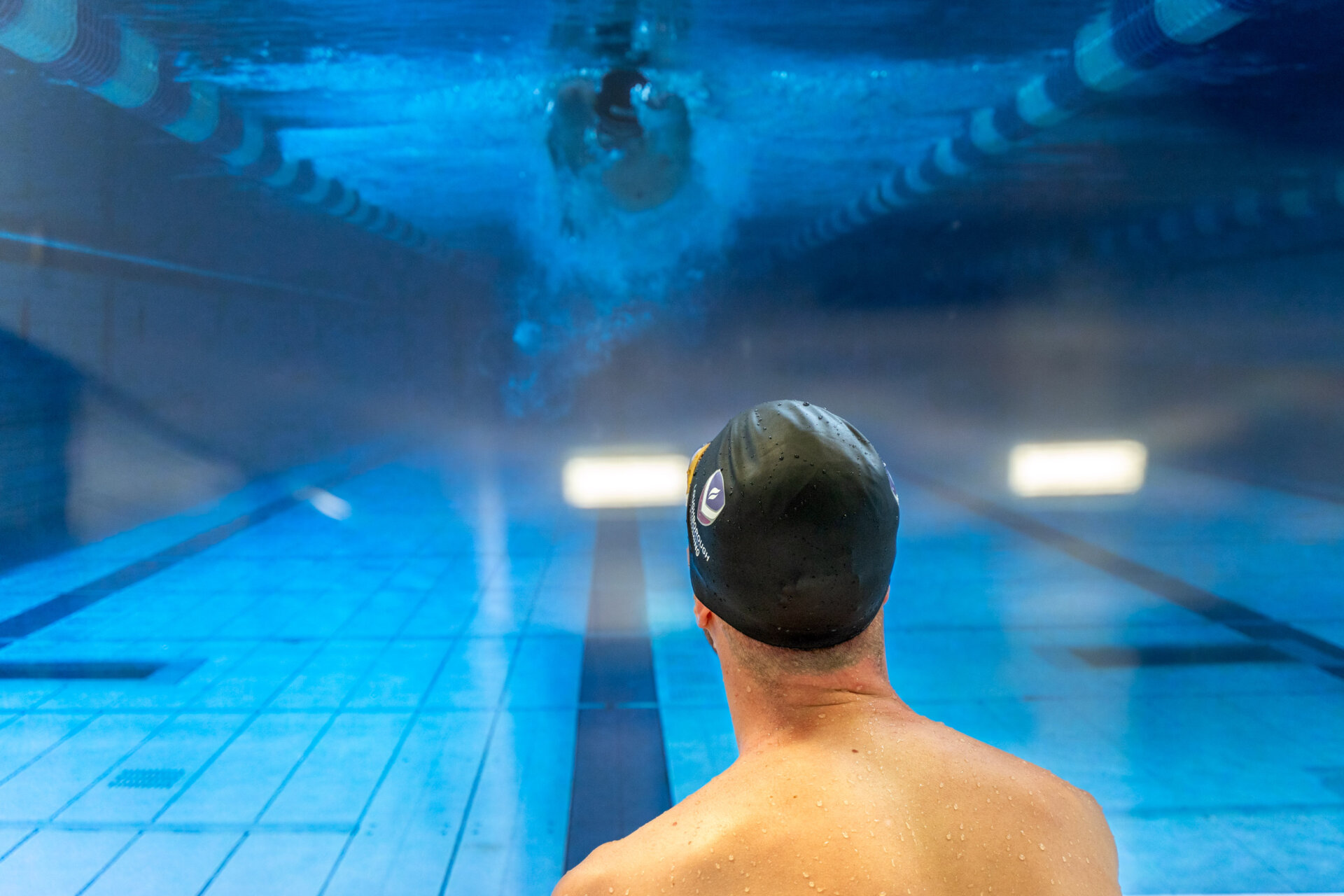
He has coached athletes to gold medals at European, World, and Olympic level, the best known of whom are Lithuania’s Ruta Meilutyte (who won the 100m breaststroke in London 2012 aged just 15) and British sprinter Ben Proud.
Post-Rio Rudd found himself seeking a new challenge and the job of Performance Director appealed because he believed his skills had evolved into leadership and strategy. “The club (Plymouth Leander) had been successful, not because we coached well but because we were systematically strong.”
Swim Ireland’s High Performance staff has since trebled to include Niamh McDonnell (Performance Manager), Andy Reid (Head of Performance Pathways and Operations) and four national head coaches in Steven Beckerleg (Dublin), John Szaranek (Limerick), Kevin Anderson (Ulster) and Damian Ball (diving).
Others playing key roles are Paul Talty (Head of Physical Preparation), Kevin McGuigan (Head of Performance Analysis) and four provincial development coaches in Helen Gunning (Connacht), Mark Craig (Ulster), Mark Lappin (Leinster) and Carlo Boni (Munster).
“I strongly believe that the secret to success is good people. Investing in good people was critical in allowing us become what we are now,” Rudd says, praising Sport Ireland and Swim Ireland for their financial support in helping to staff up.
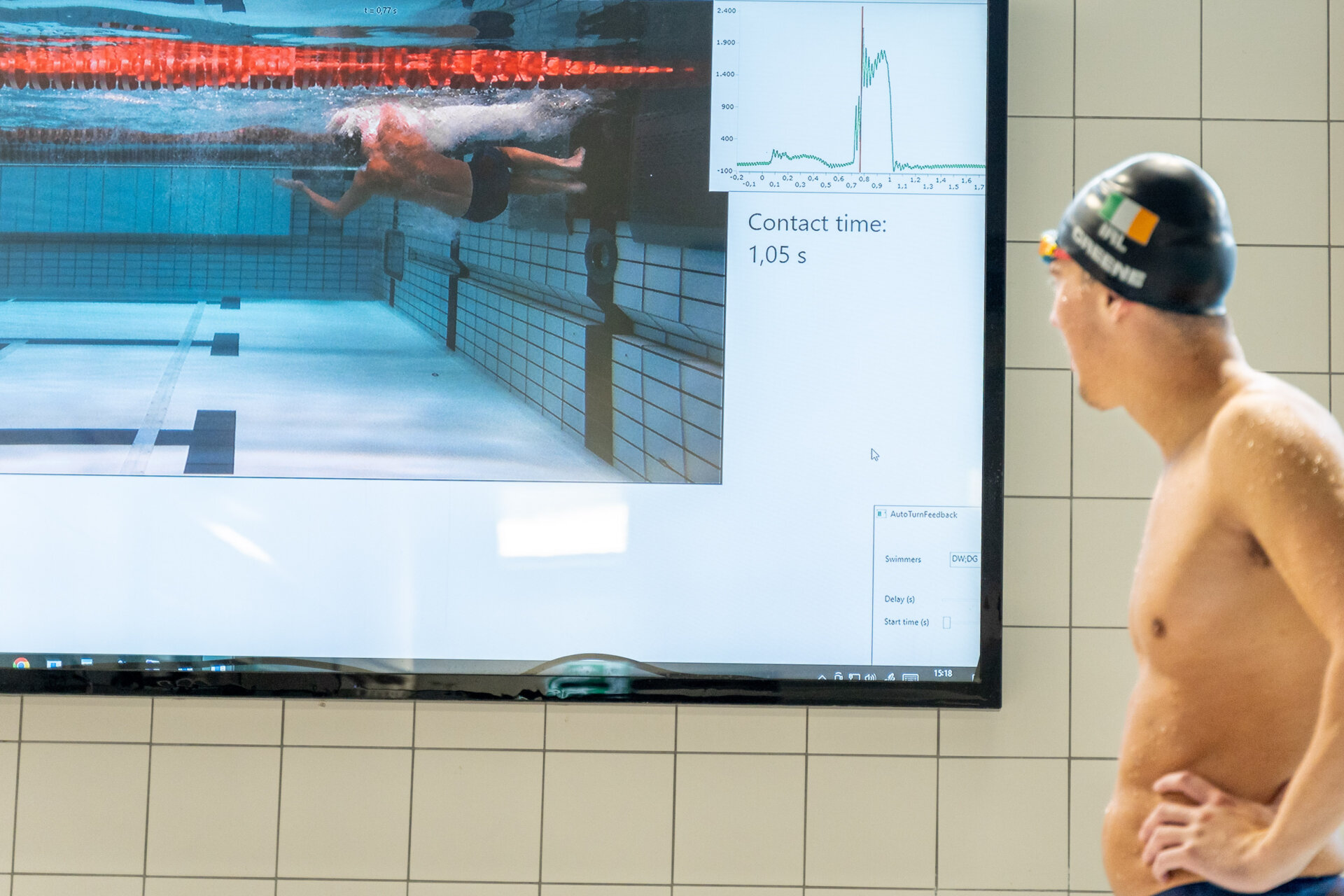
Rudd has just taken over as President of the World Swimming Coaches Association but his daily work is as a Performance Director and he says Sport Ireland Institutes ‘Sparking Performance’ programme, which brings together PDs from multiple sports to share experiences and ideas, plays a key role in his continuing education.
“I’m in a strong network, worldwide, of people working in the same area, we often talk informally. You’re also always collaborating with the team around you, including my Performance team and the CEO, and then other PDs working in Irish sport.
“It’s not even the formal things we do in the ‘Sparking Performance’ programme but the informal time together where we just pick each other’s brains. The things I’ve taken from Richard in cricket or James in sailing are things I’d never have got from a swimming colleague.
“I don’t know that that’s a worldwide phenomenon – that Performance Directors from different sports get together within a nation – but it’s certainly something Ireland has got right and continues to need to foster because all of us find it highly valuable.”
